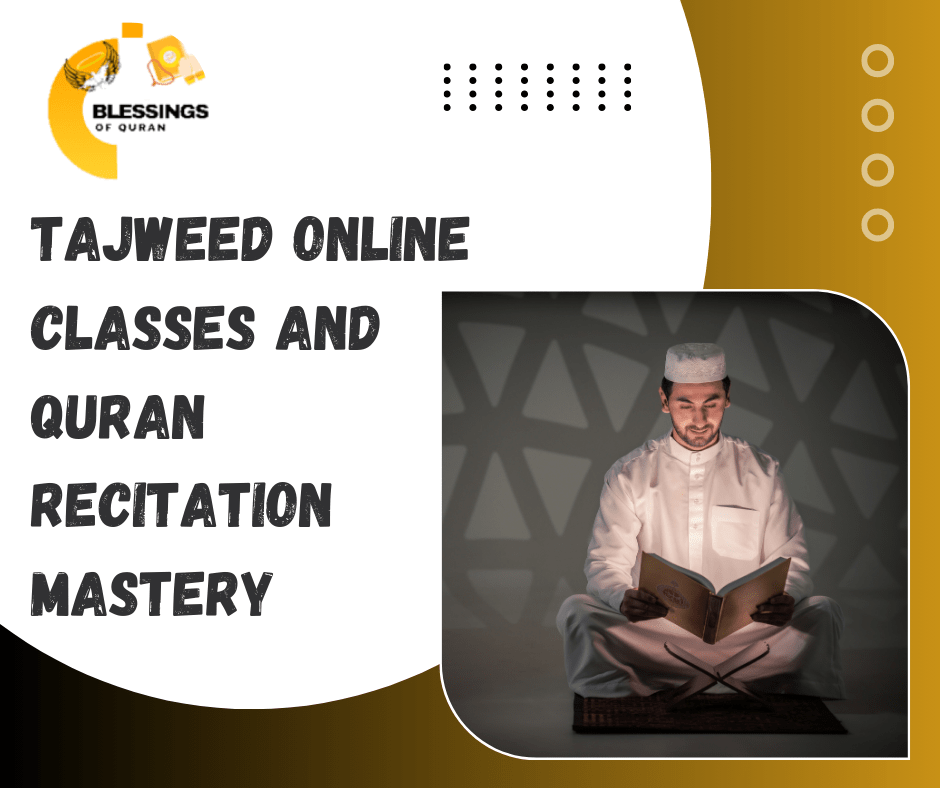Introduction:
In the rich tapestry of Islamic teachings, the Six Kalimas stand as pillars of faith, encapsulating the essence of the Islamic creed. These concise expressions serve as a profound declaration of belief, encapsulating the core tenets of Islam. Each Kalima holds a unique significance, contributing to a comprehensive understanding of the Islamic faith. Let's delve into the depths of these declarations and unravel the wisdom they carry.

The First Kalima (Shahada):
"La ilaha illallah, Muhammadur Rasulullah."
Translation: There is no god but Allah, Muhammad is the Messenger of Allah.
The Shahada, or the testimony of faith, is the bedrock of Islamic belief. It affirms the oneness of Allah and acknowledges the prophethood of Muhammad. Uttering this declaration is the key to entering the fold of Islam, emphasizing the monotheistic foundation of the faith.

The Second Kalima (Shahadat):
"Ash-hadu an la ilaha illallah, wa ash-hadu anna Muhammadan 'abduhu wa rasuluhu."
Translation: I bear witness that there is no god but Allah, and I bear witness that Muhammad is His servant and messenger.
The Second Kalima reinforces the Shahada, underscoring the dual role of Prophet Muhammad as both a servant of Allah and His chosen messenger. This declaration deepens the understanding of the relationship between the Creator and His messenger, emphasizing submission to the will of Allah.

The Third Kalima (Tamjeed):
"Subhanallah, walhamdulillah, wala ilaha illallah, wallahu akbar, wala hawla wala quwwata illa billahil aliyyil azim."
Translation: Glory be to Allah, all praise is for Allah, there is no god but Allah, Allah is the greatest, and there is no power nor might except through Allah, the High, the Mighty.
The Third Kalima, known as Tamjeed, is a beautiful expression of praise and glorification of Allah. It acknowledges His greatness, mercy, and supreme authority, instilling a sense of humility and gratitude in the hearts of believers.

The Fourth Kalima (Tawheed):
"La ilaha illallah, wahdahu la sharika lah, lahul-mulku wa lahul-hamdu, yuhyi wa yumitu, wa huwa 'ala kulli shay'in qadir."
Translation: There is no god but Allah, He is One and has no partner. His is the dominion, and His is the praise. He gives life and causes death, and He is over all things competent.
The Fourth Kalima, emphasizing the concept of Tawheed (oneness of Allah), reinforces the belief in the uniqueness of the Creator. It reminds believers of Allah's sovereignty, His control over life and death, and His unparalleled power over all things.

The Fifth Kalima (Astaghfar):
"Astaghfirullah, Rabbi min kulli zambin wa atubu ilaih."
Translation: I seek forgiveness from Allah, my Lord, from every sin I committed and I repent to Him.
The Fifth Kalima, known as Astaghfar, serves as a reminder of human fallibility and the importance of seeking forgiveness from Allah. It acknowledges the inevitability of committing errors and emphasizes the act of repentance as a means of spiritual purification.

The Sixth Kalima (Radd-e-Kufr):
"Allahumma inni a'udhu bika min an ushrika bika shai'an wa ana a'lamu bihi, wa astaghfiruka lima la a'lamu bihi, tubtu anhu wa tabarratu minal kufri washshirki wal-kadhibi wal-bid'ati wan-namiimati wal-fawahishi wal-buhtani, wa aslamtu wa aqulu La ilaha illallahu Muhammadur Rasulullah."
Translation: O Allah, I seek refuge in You from knowingly associating partners with You, and I seek Your forgiveness for what I do not know. I repent from it, and I disassociate myself from disbelief and associating partners with You, falsehood and innovation, lying and indecency, slander and false witness. I submit and declare: There is no god but Allah, and Muhammad is the Messenger of Allah.
The Sixth Kalima, known as Radd-e-Kufr, is a comprehensive declaration denouncing disbelief and seeking refuge in Allah from all forms of wrongdoing. It reinforces the rejection of polytheism, falsehood, and sinful behavior while affirming faith in the oneness of Allah and the prophethood of Muhammad.
Conclusion:
The Six Kalimas are not mere words; they encapsulate the fundamental beliefs and practices of Islam. Reciting and reflecting upon these declarations fosters a deeper connection with Allah and a greater understanding of the principles that guide the lives of Muslims. In essence, the Six Kalimas serve as a spiritual compass, directing believers towards a path of sincere faith, humility, and devotion to the Almighty.
More To Explore
Tailored Learning Experience: Female Quran Teachers Making a Difference in Online Classes
Experience a unique and tailored learning experience with our Female...
Read MoreBeyond Borders: Virtual Quran Classes Bringing Arabic Learning to Your Doorstep
Break down the barriers of geography with our Arabic Quran...
Read More







